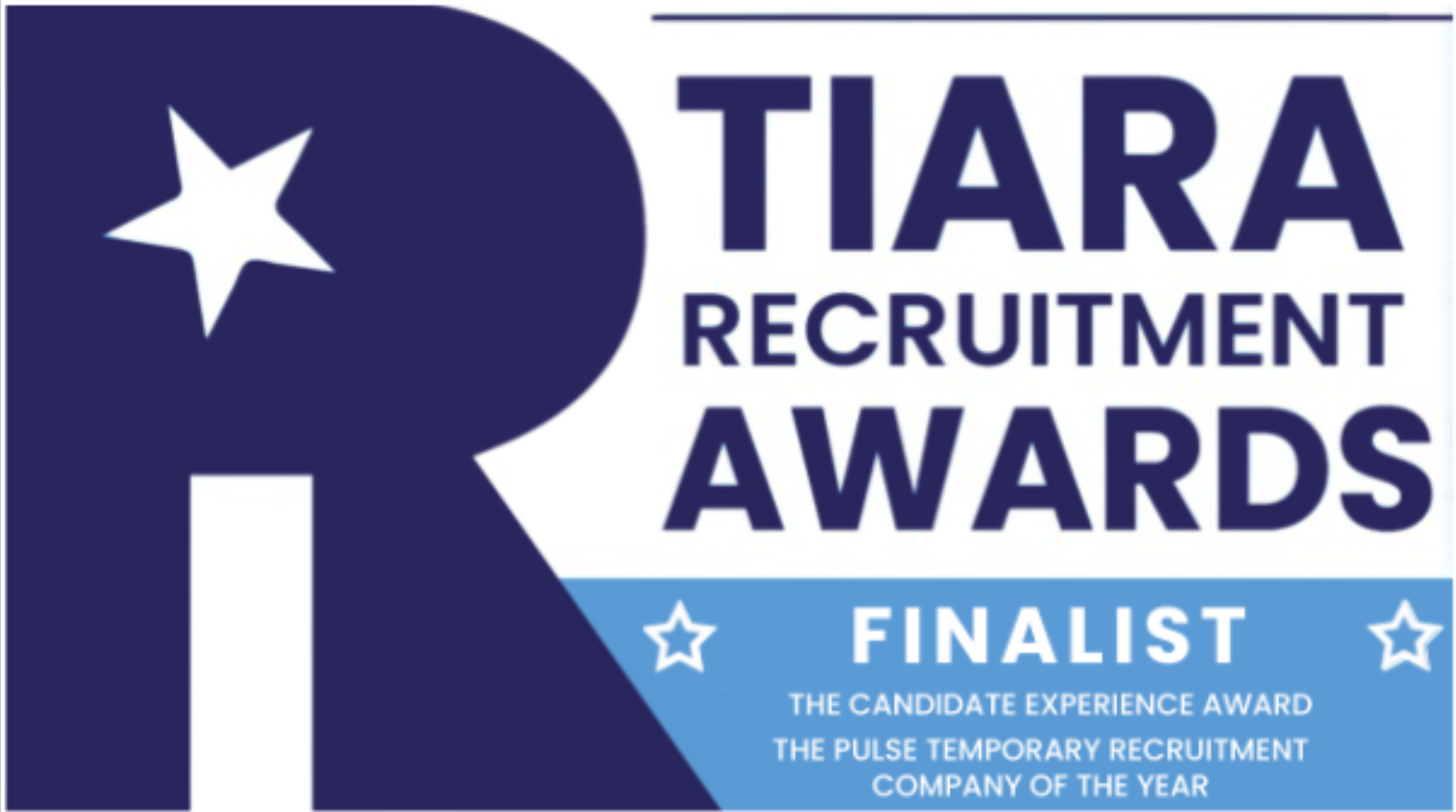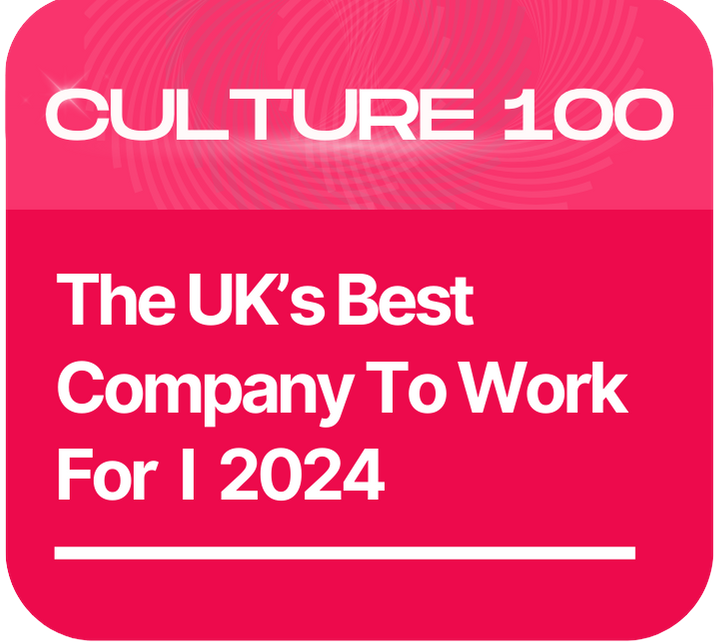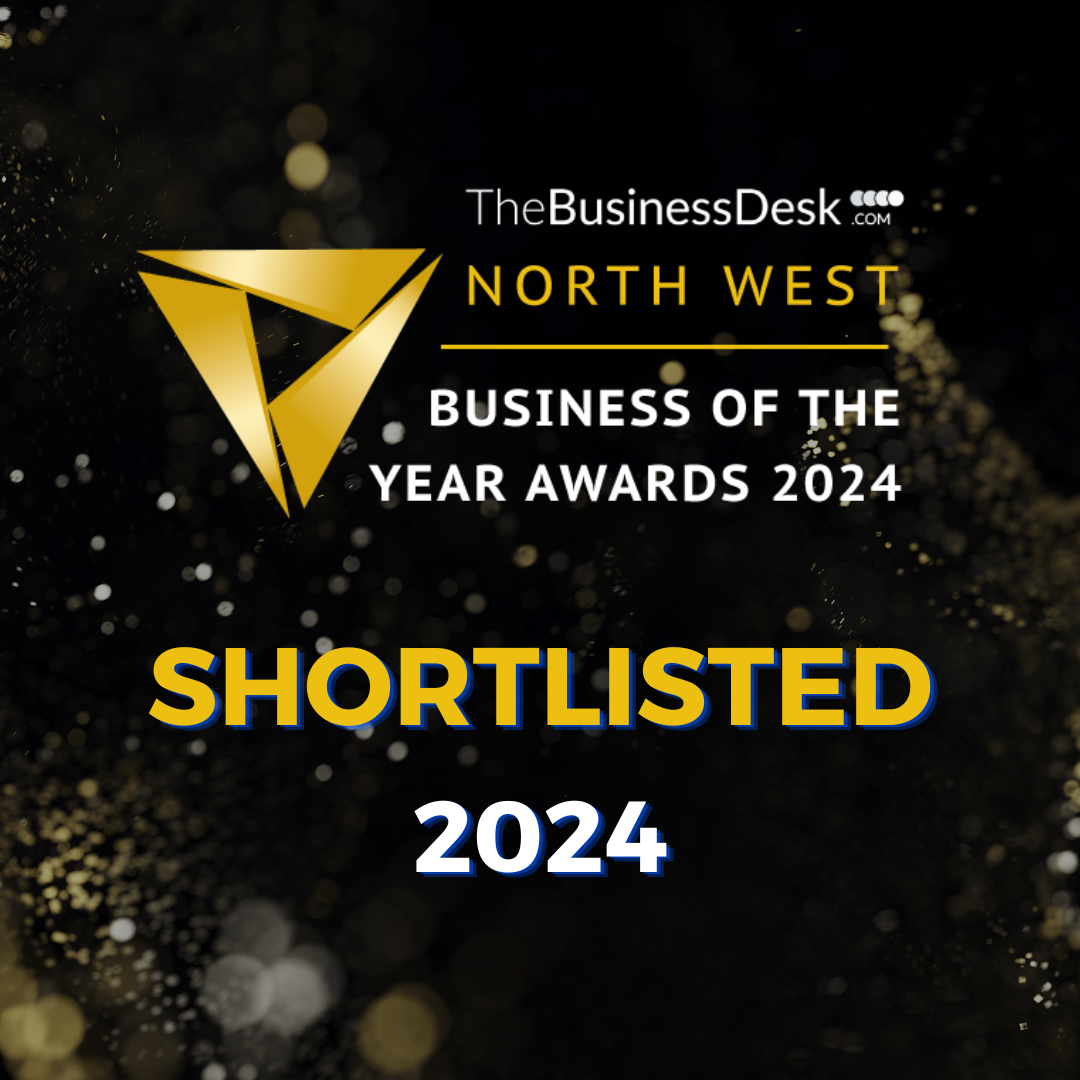What To Expect In The Construction Industry In 2025

Over the previous decade, the UK’s construction industry has experienced stagnant growth due to a number of challenges; including Brexit, the Covid pandemic, and political changes which resulted in a struggle to develop momentum because of it.
Now, in 2025, the industry is set to ‘boom’ once again.
Anticipated to grow by 8% in 2025 and a further 10% in 2026 according to leading analyst Glenigan, it’s set to be a prosperous year for all stakeholders of the industry.
This growth has – and continues to be – fueled by a combination of improved consumer confidence, increased household spending and changes within the government’s budget. These developments are now driving consumer activity in private housing, retail and hotel and leisure.
And although the industry is witnessing positive growth, there still are still challenges to overcome. Let’s explore 3 trends that we can expect to witness in the construction industry in 2025.
Labour Shortages
In 2022, the UK construction workforce was made up of less than 19% of 25-year-olds. This aging population and lack of younger construction workers has caused a skills shortage which the industry has been feeling for many years.
This continues to be one of the most significant challenges that the industry continues to face in 2025. Construction Skills Network (CSN) report, cited that around 225,000 new construction workers are needed in the UK by 2027 to fill demand.
In order to fill these requirements and counteract the skills shortage, the governments approach is to focus on upskilling the UK
Construction workforce rather than outsource. Additionally, one of the primary strategies to bridge the skills gap is to focus on recruiting and training younger talent. Closer collaboration between educational institutions and the construction industry is essential to ensure new candidates have the necessary access to join employment.
Other noted ways combat the skills shortage:
- Leveraging AI and Digital Tools
- Upskilling and offering career development opportunities
- Exploring different talent pools
Leadership For Diverse Workforces
As the construction industry is witnessing a huge increase in demand, with more and more projects being mapped for the next 5 years, the need for strong leaders to guide teams is vital.
One of the biggest costs to the industry is delayed deadlines. In fact, construction delays can cost companies up to 20% more than the original estimate. These delays can then have a domino effect, leading to lost revenue, damaged relationships with clients and increased spend. In order to stop potential delays, investing in the right leaders – and their leadership skills – is important, especially as they are now managing diverse workforces.
With diverse demographics and skills making up the construction workforce in 2025, having individuals who can offer new perspectives and innovations into the industry through their leadership style is becoming very much sought after.
Throughout 2025, leadership training will need to focus on cultural competency and change management in order to support the diverse workforce and growing industry demands.
Talent Acquisition and Retention Challenges
As of June 2024, the estimated number of workforce jobs was 37.1 million, up by 503,000 from the year before. However, with an aging workforce and an increased demand for skills, it is inevitable for this number to decline. To combat this, we’re witnessing many job market trends unveil themselves.
One of the most prominent trends in the UK construction market is the increased focus on acquisition and retention. With an aging workforce leaving the construction industry, and fewer younger hires joining the sector, employers are needing to increasingly turn to innovative strategies to keep their top talent… and attract new hires!
When once simply increasing salaries would be enough to retain talent, this will no longer work.
Companies will need to offer more than just competitive salaries to attract top talent in 2025. Flexible working arrangements, career development opportunities, focus on work-life balance key elements for talent acquisition and retention in the UK construction market. Find out more about the sectors preferences on job packages here in our FREE Construction Salary Guide. And with competition for skilled professionals, especially those with expertise in digital tools and sustainable practices intensifies, employers must recognise and implement package benefits into their hiring options.
HIRING IN 2025? Talk to a specialist Construction Consultant about how to make the most of the industries upcoming BOOM before your competitors do.
LOOKING FOR A NEW ROLE IN 2025? Let one of our specialist Construction Consultants help secure you a winning hiring package and role in the industry.
Explore Live Job Roles Here
Fire & Security Compliance Guide for 2026
GET IN TOUCH

